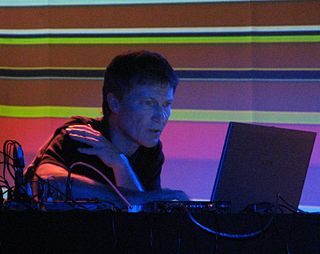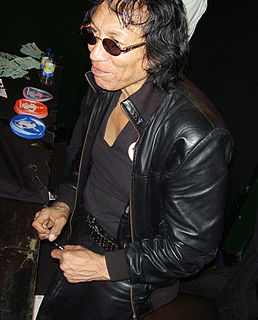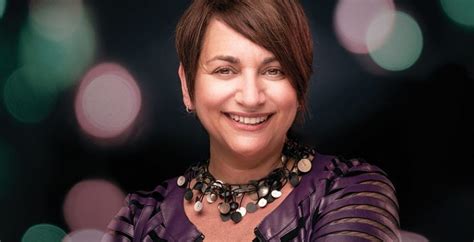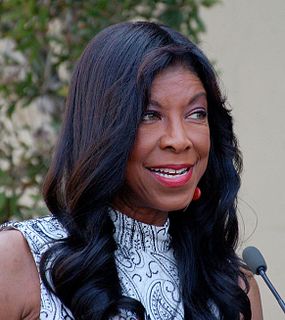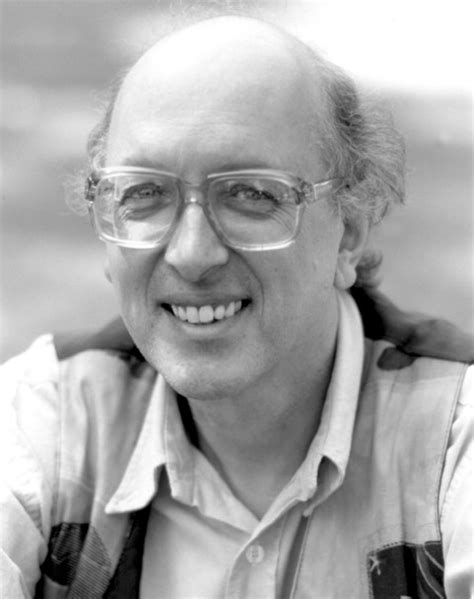A Quote by Michael Rother
Back then and later on when I was in NEU! and Harmonia I was too much preoccupied with my own music to be aware of the German music scene, let alone following it actively. But changes which were happening with S.o.S. (namely the development of individual ideas and the effort to distinguish from the Anglo- American rock patterns) also helped me recognize other musicians within my immediate vicinity.
Quote Topics
Related Quotes
NEU!'s music will always ("für immer") be a part of me and I absolutely stand to what we've created. Of course I have changed since and I judge my contributions to NEU!'s music of the 70's in a historical context. They were both a description of my feelings back then as well as an expression of my musical abilities and limitations. It would be a mistake to ignore the time factor and it would be an artistic shortcoming to pick up on the old concept without doing any changes. There is no way this is going to happen anyway.
When I did the Abyssinian mass, I went through the whole history of the church music and the gospel music, even with the Anglo American hymns, the Afro American hymns, the spirituals and how it developed, up to Thomas Dorsey and the Dixie Hummingbirds, going through the history of the music, jazz musicians.
My vision of punk rock was these dudes who were spitting on the audience and moshing. That's why I kind of left that scene. Then I see all these people around my same age or between 17 and 25 that were making music themselves in their own town. They weren't just singing, but creating. I see them putting out this music where there are tons of women involved in the scene and involved in the bands.
When you're working with other artists, it's often a mix of your ideas with somebody else's, which can be extremely fruitful. But then it's also interesting to present the completely undiluted vision of what I imagine music could be. I care about both my own music and collaboration equally, and I pretty much split my time equally, as well.
There were two things I discovered when I toured with Snoop. One was that the band was all jazz musicians. The second was to instil in me a respect for other styles of music. From then on, whenever I played a new kind of music, I came with the same kind of open mind. What are they trying to do? What are they hearing? How do they see music?
When I'm representing my music live I think of it very much in a rock band sense. When I first started doing festivals in the 90s there really weren't other DJs playing the stages I was playing. So I felt I was being afforded an opportunity to kind of make a statement about what DJ music can be live. In the 90s, if you were a DJ you were in the dance tent, and you were playing house music and techno music. There was no such thing as a DJ - a solo DJ - on a stage, after a rock band and before another rock band: that just didn't happen.
It is as if the formation of patterns within the unconscious mind is accompanied by physical patterns in the outer world. In particular, as psychic patterns are on the point of reaching consciousness, the synchronicities reach their peak; moreover, they generally disappear as the individual becomes consciously aware of a new alignment of forces within his or her own personality...It is as if the internal restructuring produces external resonance, or as if a burst of 'mental energy' is propagated outward onto the world.
